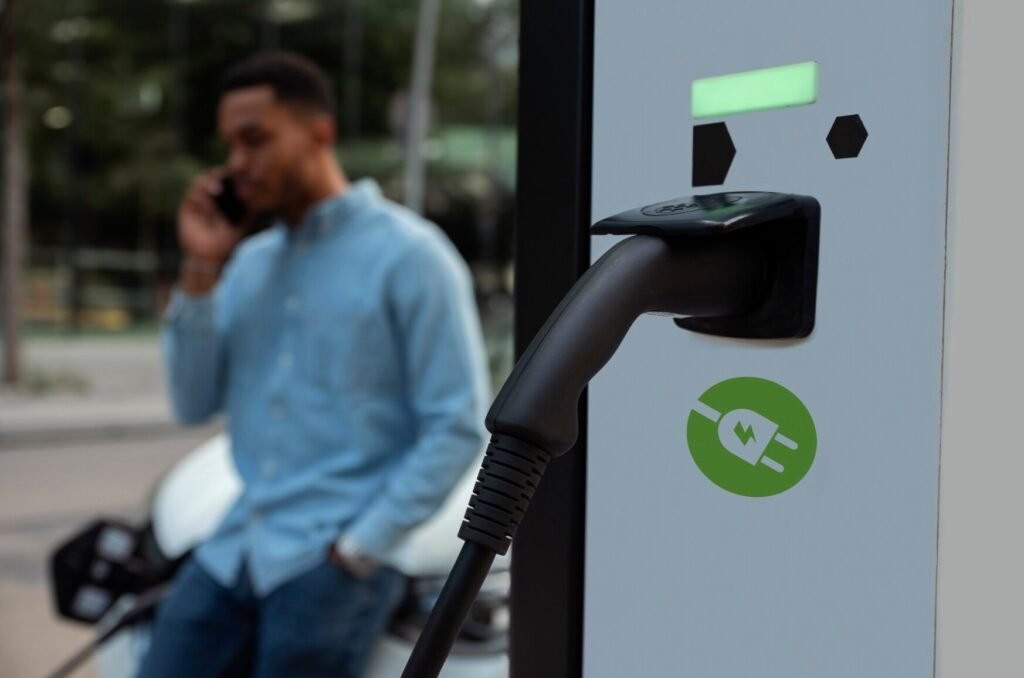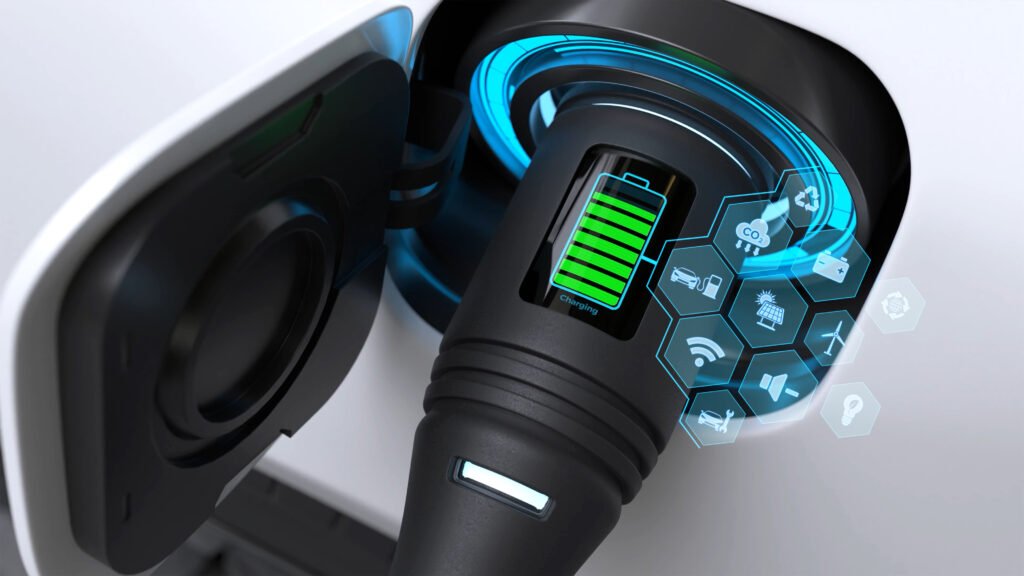As electric vehicles (EVs) become more prevalent, understanding the tools required to power them is essential. Among the most important of these tools are electric car charging cables. Whether you’re an Audi R8 e-tron owner or just considering switching to an EV, knowing the types of cables, their benefits, limitations, and future potential will help you make informed decisions. In this guide, we’ll explore the world of EV charging cables and what they mean for you.
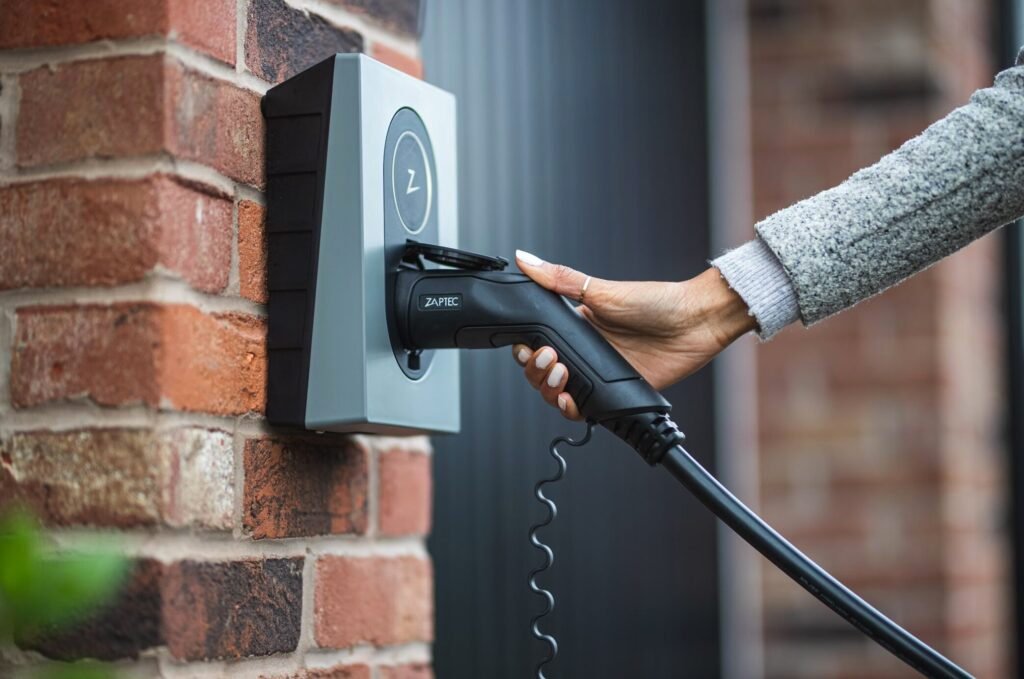
What Are Electric Car Charging Cables?
Electric car charging cables are essential connectors that transfer electricity from a charging station or outlet to an EV’s battery. These cables come in different types, lengths, and capabilities depending on the EV model and charger type.
Types of EV Charging Cables
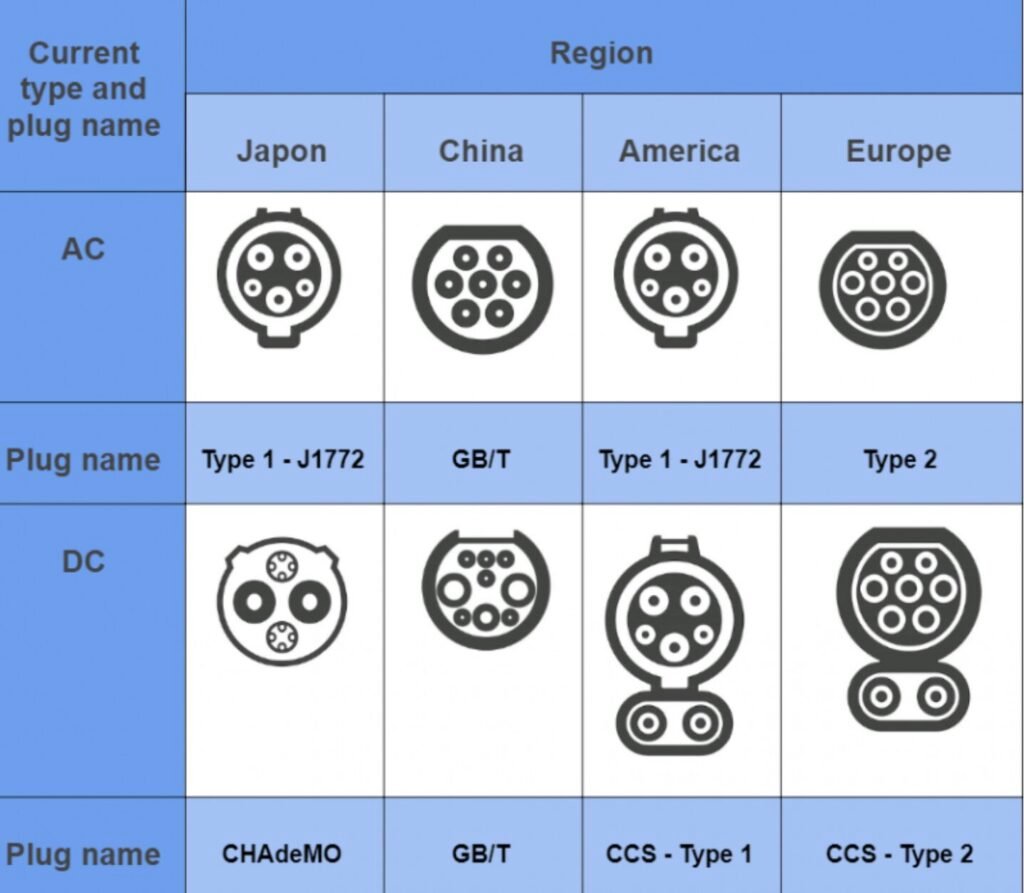
- Type 1: Common in North America. Typically used for slow to moderate charging.
- Type 2: Standard in Europe. Offers faster charging and better safety features.
- CCS (Combined Charging System): Supports both AC and DC fast charging.
- CHAdeMO: Another fast-charging standard, primarily used by Japanese car manufacturers.
For the Audi R8 e-tron, a high-performance EV, Type 2 and CCS connectors are typically used for optimal charging performance.
Learn more about electric vehicle connectors on Wikipedia
Benefits of Using the Right Electric Car Charging Cable
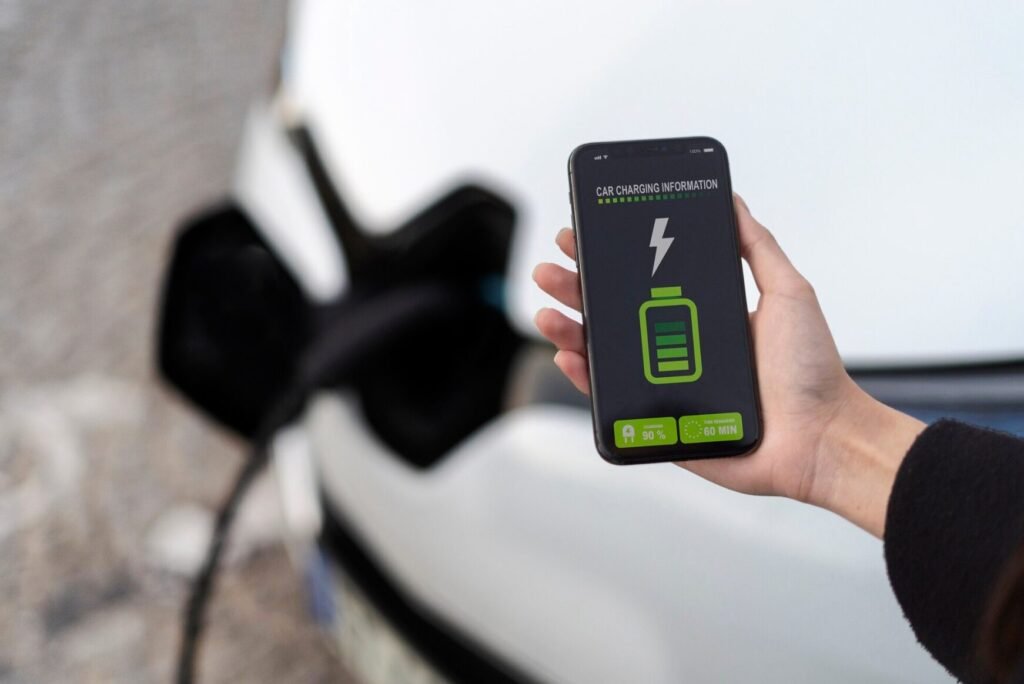
1. Faster Charging
Using a compatible, high-quality cable allows your EV, such as the Audi R8 e-tron, to charge quickly and efficiently. High-capacity cables reduce downtime, letting you get back on the road sooner.
2. Safety
Certified charging cables reduce the risk of overheating, short-circuiting, or damaging your EV’s battery.
3. Flexibility
With the right charging cable, you can charge from public stations, home wall units, or even standard outlets (with adapters). This flexibility is especially valuable for apartment or condo dwellers.
4. Durability
Modern charging cables are designed to withstand weather elements, UV rays, and physical wear, ensuring long-term usability.
Challenges or Limitations
1. Compatibility Issues
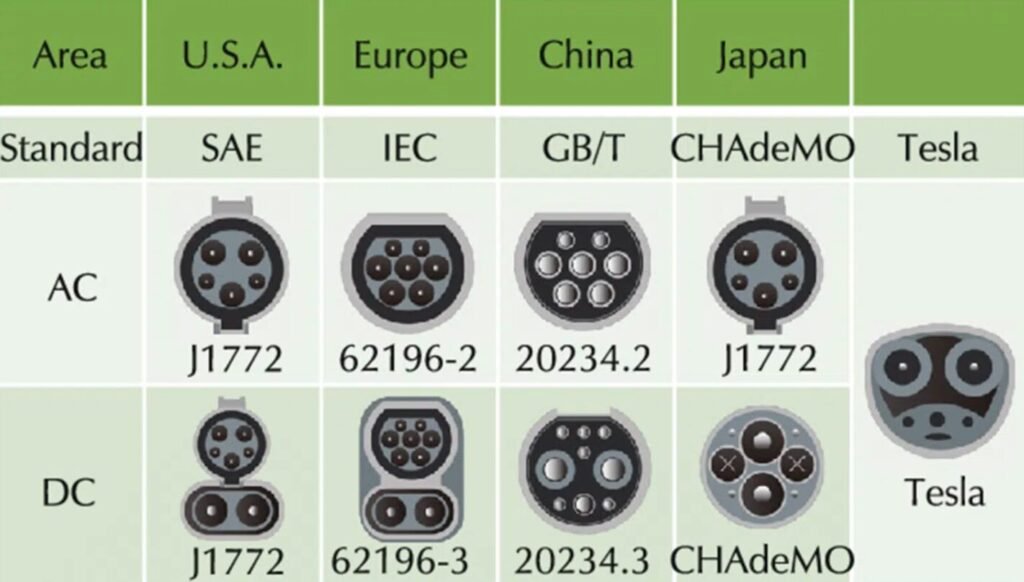
Not all EVs use the same cable type. An Audi R8 e-tron may require a different connector than a Nissan Leaf, which can be frustrating if you’re unaware.
2. Charging Speed Constraints
The cable alone doesn’t determine charging speed—it’s also influenced by the onboard charger and charging station capacity. Using a low-power source can drastically slow down charging.
3. Cost
High-quality charging cables can be expensive, especially those that support fast charging and are equipped with smart features.
4. Cable Management
Cables can be heavy and cumbersome. Improper storage may lead to damage or create tripping hazards.
Real-World Examples
Audi R8 e-tron Charging Case
Many Audi R8 e-tron owners have installed high-powered wall boxes in their homes paired with Type 2 or CCS charging cables. These setups allow the supercar to charge from 0% to 80% in less than 45 minutes using DC fast charging.
Public Charging Scenario
At public stations, cables are sometimes tethered, meaning you don’t need to carry your own. However, having a personal cable offers more flexibility, especially at untethered AC charging points.
Future Trends and Predictions
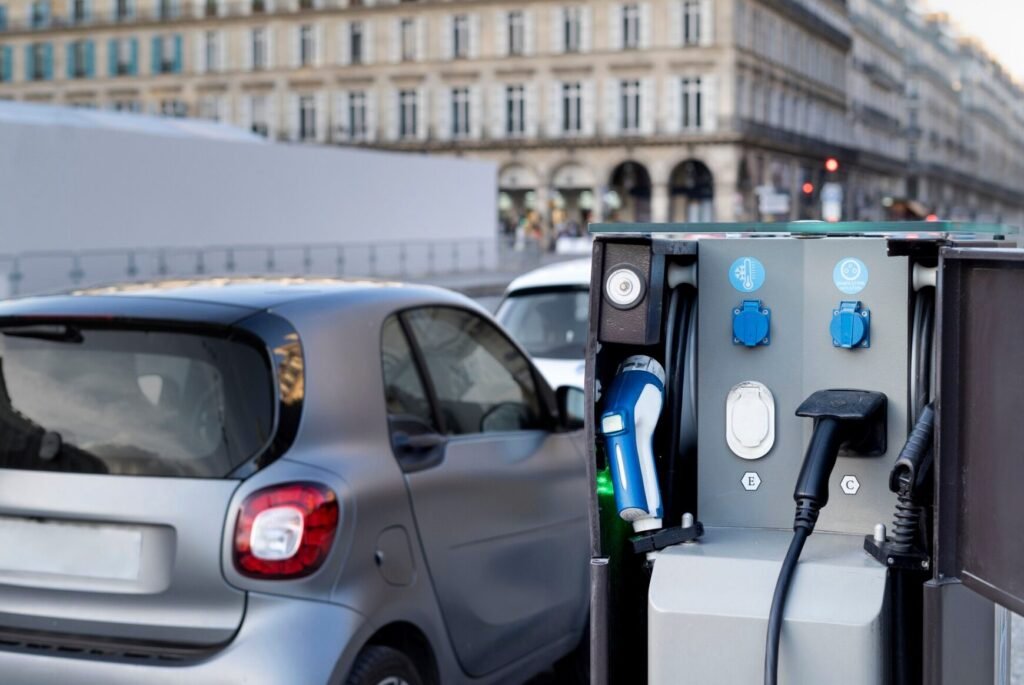
1. Wireless Charging
Technology is advancing toward wireless or inductive charging, which could eliminate the need for cables altogether.
2. Smart Charging Cables
Cables with built-in communication modules will interact with your vehicle and the grid to optimize charging time and cost.
3. Universal Compatibility
Efforts are underway to create standardized connectors and cables that will work across all EV models and regions.
4. Eco-Friendly Materials
Future cables may use recycled materials and offer even more durability, contributing to environmental sustainability.
FAQ – Common Questions About Electric Car Charging Cables
What cable do I need for my Audi R8 electric car?
Most Audi R8 e-tron models use a Type 2 cable for AC charging and CCS for DC fast charging. It’s best to consult your owner’s manual or dealer.
Can I use a public charging station without my own cable?
Yes, but only at stations with tethered cables. Carrying your own cable increases your options, especially at untethered points.
How long do electric car charging cables last?
With proper care, charging cables can last several years. Avoid kinking or exposing them to extreme conditions to extend their lifespan.
Are all EV charging cables waterproof?
Most modern EV cables are weather-resistant and designed for outdoor use, but it’s essential to check manufacturer specifications.
Do charging cables affect the battery health of the EV?
Not directly. However, using high-quality, certified cables reduces the risk of charging errors that could harm your battery over time.
Conclusion
Electric car charging cables are a vital component of the EV ecosystem. For performance EVs like the Audi R8 e-tron, the right cable ensures fast, safe, and efficient charging. As the EV market continues to evolve, charging technology, including cables, will become smarter, faster, and more convenient.
Whether you’re a seasoned EV driver or just entering the electric world, investing in a high-quality cable and understanding its function can make a significant difference. Make sure to choose the right type for your vehicle and charging setup to get the most out of your electric driving experience.

